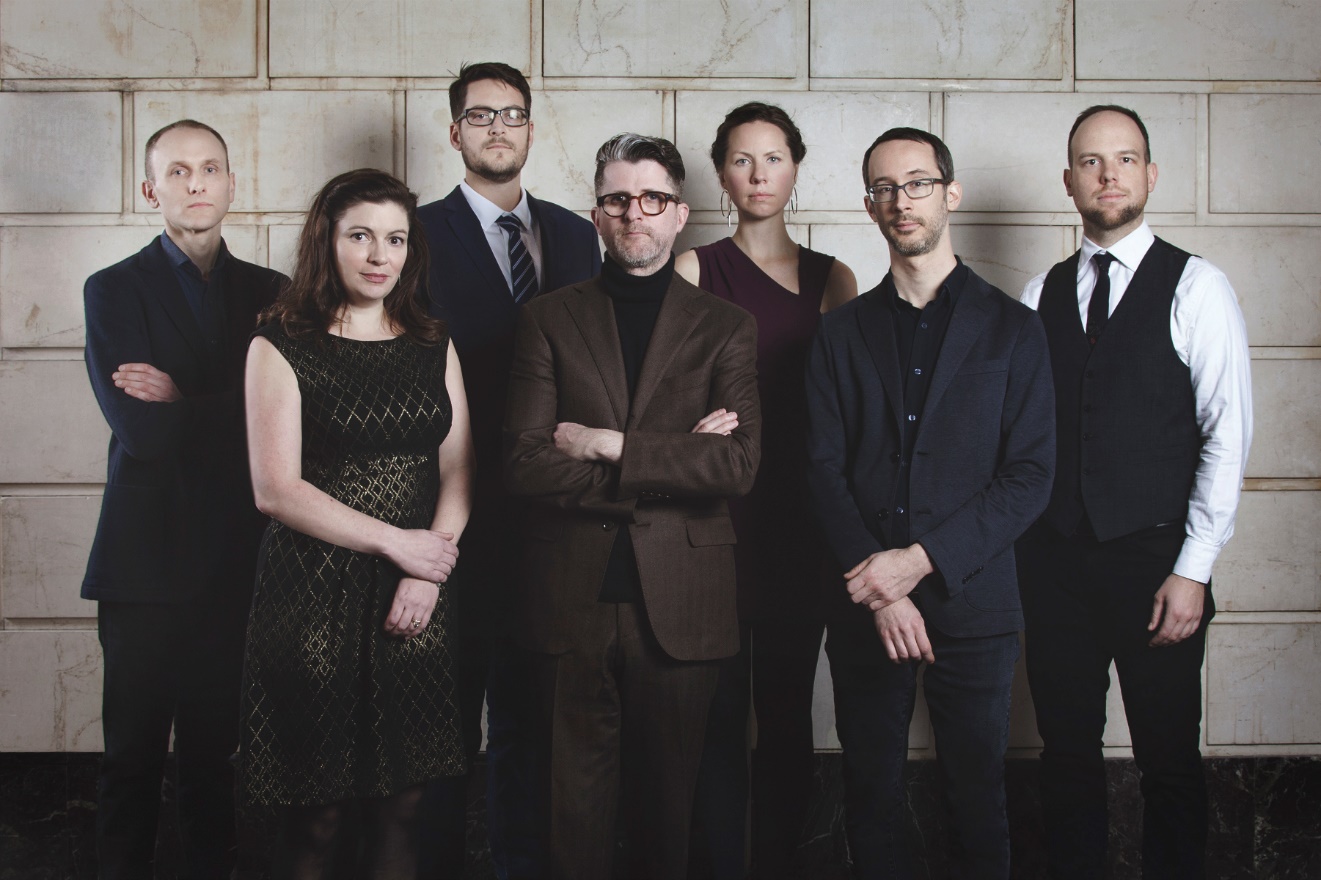It was a question earlier this month at the Putnam County County Council meeting and it was echoed again this week at an informal meeting of county officials with Putnam County Highway Engineer Jim Peck, "how are we going to pay for bridges?"
At a meeting earlier this week at the highway department, Peck told members of the county council and county commissioners that he has identified 66 bridges that need to be replaced by 2043 with a price tag of $142.9 million.
In addition, he has identified 30 bridges that need to be rehabbed during the same time frame for about $31.2 million.
"The priority list is based on conditions and is in no means set in stone. Those are just construction costs," Peck said.
At county council earlier this month, councilman Phillip Glick raised questions about paying for bridge work with bonds, a theme he continued this week.
Glick said the reason he has concerns and questions center around the fact the county is currently borrowing money to fix bridges and roads now, where will the money come to do future projects.
At the county council meeting, officials admitted they hadn't funded bridges and maintenance at the level they were supposed to for a period of time and now have to figure out how to not only catch that up, but maintain a consistent level for the future, something Glick agreed with.
While agreeing, Glick countered by saying he again wanted to know how the county would generate enough money to do that.
"Again, if we do that, I want to know how we generate enough money to not only pay that but also maintain the ones that aren't at the tip of the spear," Glick said at the time.
In addition to the aforementioned projects, Peck told those in attendance he has seven bridges that are on his list to be 100 percent funded Putnam County projects.
The first bridge, Bridge 78, would be replaced in 2024 with a price tag of $1.2 million. Bridge 297 would be replaced in 2025 for $1.3 million, with bridges 109 and 112 being rehabbed in 2026 for $1.1 million and $1.5 million, respectively. Then in 2027, Bridges 122, 123 and 124, all of which are on Cement Road, would be replaced for a grand total of $5.6 million. All together, the price tag for the entire project would be $11 million.
Peck mentioned the county would have to set aside roughly $2 million a year for the projects.
"You start looking at the total amount from '24 to '27 and that comes up to that $11 million price tag. We are looking at four years and we are in the $2 million plus a year that we need to start setting aside in addition to what we have right now. I know you guys had talked about doing a bond up to $2 million a bridge and the question comes up where are you going to pay for it," Peck said.
Glick again echoed his earlier sentiments about bridges and bonds.
"It isn't so much how are you going to pay for that, but what's that leave you with to do. Doing a bond doesn't have any more money coming in the door, it just means we are going to pay something above the cost of the work we are going to do on interest. I'm thinking How do we ever get ahead doing bonds on bridges and borrowing for bridges. We need to figure out where there are possibilities of revenues coming in either grants, or, don't like the word, but taxes. I don't know how we borrow our way out of fixing bridges. That's what I'm saying, but if there is a way to do it, I'm open, I'm all ears," he asked.
He may have gotten a bit of an answer as Peck said the county could utilize Community Crossings Matching Grant funds towards bridge work.
The Community Crossings Matching Grant Program is a state program that provides funding to counties and municipalities around the state to improve roads and bridges in their respective communities. The funds have to be used within 18 months of being awarded.
"Community Crossing money for bridges would help," Glick said.
Peck also said there's other ways to free up money for bridges, citing other counties are paying for insurance and highway workers out of the general fund, the use of beverage taxes and other means.
"Those are the kinds of things, to me, that we need to be talking about. What could we do different so we end up with more dollars to go and apply to roads and bridges, I still don't think it solves the problem, but it helps," Glick said.







